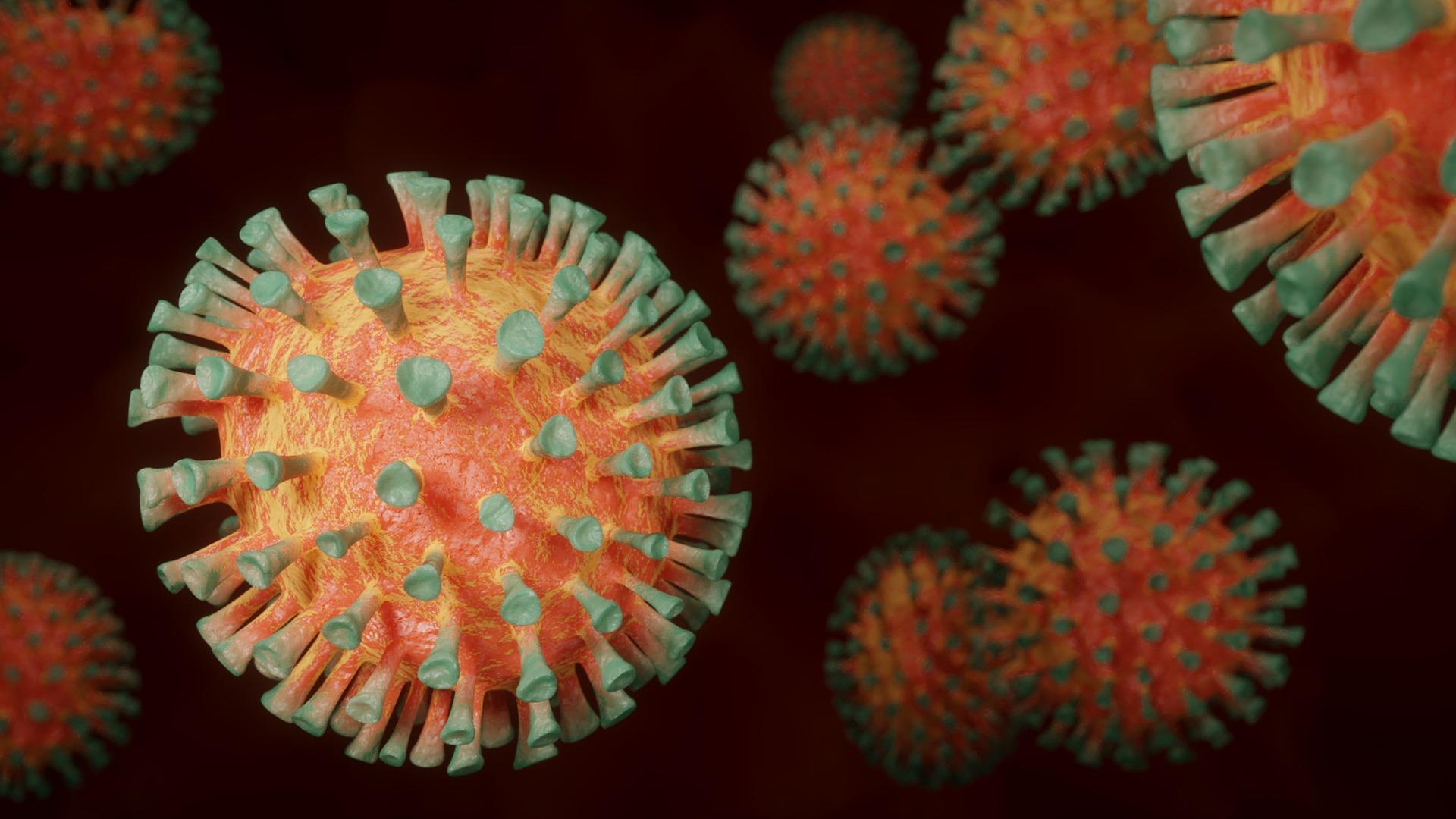Genetic polymorphisms, role of SLC6 amino acid transporters, renal aspects and therapeutic perspectives

This is an inter-project collaboration project accelerating the development of anti-viral agents and diagnostic tools based on emerging drug targets. In addition, we will assess the impact of genetic variants of host gene factors on SARS-CoV-2 infectivity and disease severity.
Background and scientific basis
SARS-CoV-2 infectivity depends on viral entry into human cells via viral cell surface receptor ACE2 and sustained viral replication. Currently, several research groups in Switzerland are focusing on the identification of cell surface proteins (e.g. different SLC6 amino acid transporters) that affect infectivity via ACE2 in different ways in human organs such as lungs, heart, intestine, kidneys and testes.
Problem and approach to solution
Anti-viral agents that directly target SARS-CoV-2 entry and multiplication are currently lacking. Therefore, we initiated cross-project collaborations with Swiss research projects from the special call on coronaviruses and NRP 78 in virology, clinical genomics, pharmacology and drug discovery to accelerate the testing and validation of newly emerging drug targets and tools that can be used to develop anti-viral drugs and diagnostics.
Expected output and contribution to tackling the pandemic
This project will bring together experts from different disciplines to advance, as an alternative to vaccination, the development of novel Covid-19 antiviral agents such as oral or nasal spray formulations. In addition, the results from our patient data analysis will help predict disease outcomes and define risk-adapted safety and treatment strategies based on knowledge of the patients’ genotypic makeup. Furthermore, validation of the medical imaging tools (e.g. PET probes) will advance other clinical applications predicting disease severity and organ damage in severe Covid-19 cases.
NRP 78 research projects
Research projects of the special call on corona viruses
